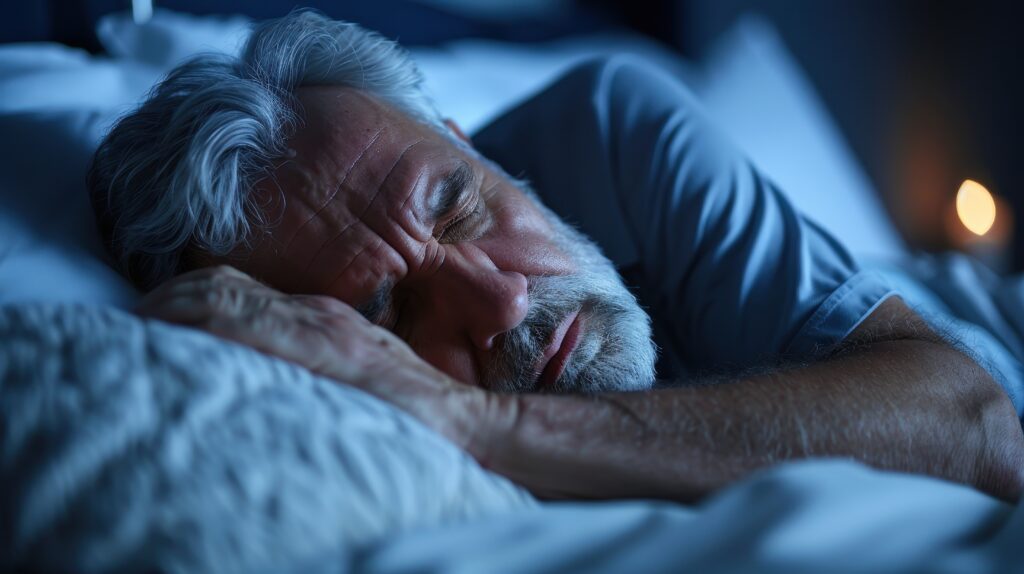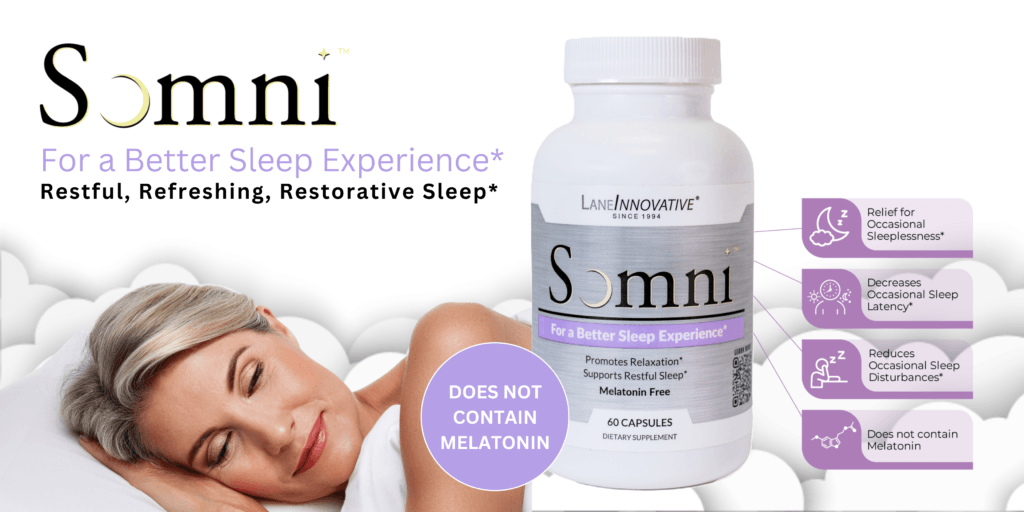Sleep
Better Sleep Solutions: Conquer Post-Summer Fatigue and Restore Healthy Rest
Labor Day marks the unofficial end of summer and the return to structure. For many adults, this means shifting from a flexible summer pace back to work deadlines, longer commutes, or even evening meetings. For young adults, it may mean heading off to college, adjusting to dorm life, or navigating demanding academic schedules. These changes bring excitement and productivity, but they can also disrupt one of the most important pillars of well-being: sleep.
Healthy rest directly impacts energy, focus, mood, and overall resilience. Unfortunately, September is notorious for late nights, irregular routines, and “catch-up” weekends that only deepen fatigue. The good news is that with a few strategic adjustments and the support of natural supplements, you can reclaim your sleep and step confidently into the new season.

Why Sleep Suffers After Labor Day
Summer tends to loosen routines. Even if you maintained a work schedule, longer evenings, vacations, or social events may have shifted your bedtime later. Once September arrives, the reality of 6 a.m. alarms, packed class schedules, or back-to-back meetings leaves many struggling to adapt. This shift is sometimes called “social jet lag,” where your biological clock and your external demands no longer match.
Another important factor is daylight. After Labor Day, the hours of natural sunlight begin to noticeably decrease. Sunlight is one of the strongest cues for your circadian rhythm — the internal clock that helps regulate when you feel alert and when you feel sleepy. Shorter daylight exposure can make mornings feel groggier and evenings feel more sluggish, even if you’re technically getting the same number of hours of rest. For adults who spend most of the day indoors or for college students studying in windowless spaces, this shift can amplify the sense of fatigue and make it harder to keep a consistent routine.
Research highlights that inconsistency is one of the biggest enemies of sleep. Even a two-hour swing between weekday and weekend wake times can disrupt your circadian rhythm. Adults who burn the midnight oil catching up on work emails, and college students who study late in communal spaces, often find themselves in a cycle of fatigue that feels hard to escape.
Practical Ways to Reclaim Healthy Sleep
- Stick to a Schedule
Consistent bedtimes and wake times reinforce your body’s natural rhythm. Even if your workload is heavy, prioritizing a predictable sleep window pays off in sharper focus and productivity. - Build a Wind-Down Routine
Bright screens and late-night studying trick the brain into staying alert. Aim to shut down devices at least 30 minutes before bed. Consider reading, journaling, or meditation as signals to transition toward rest. - Design a Restful Environment
Adults may benefit from blackout curtains, while students can use sleep masks or white noise apps to block out dorm or apartment noise. A cool, quiet, and dark space makes a noticeable difference. - Mind Evening Habits
Heavy meals, alcohol, or excess caffeine late in the day can make it harder to fall asleep. Lighter dinners and herbal teas can support more restful nights. - Keep Active During the Day
Regular movement — whether it’s a brisk walk, a gym session, or even stretching between classes or meetings — helps regulate energy levels and supports more natural sleep at night. Just be mindful to finish vigorous workouts a few hours before bedtime so your body has time to wind down.
Natural Supplement Support for Sleep*
For adults seeking support beyond habits, several dietary supplements can help ease the transition into healthy rest. Unlike sedatives, these are not designed to “knock you out,” but to encourage calm and relaxation so sleep happens naturally.
- Magnesium Bisglycinate – A bioavailable form of magnesium that supports muscle relaxation and a calm nervous system. This is especially helpful for professionals under stress or students experiencing late-night tension.*
- Chamomile – Popular as a tea or capsule, chamomile has a long history of promoting relaxation and easing mental chatter before bed.*
- Passion Flower – Known for its ability to encourage a sense of calm, passion flower can be a valuable tool for adults managing stress from work or study demands.*
- Ashwagandha – As an adaptogen, ashwagandha helps the body adapt to stress. When taken regularly, it may support a calmer state that makes it easier to unwind in the evenings.*
- L-Theanine – Naturally found in green tea, this amino acid supports relaxation without drowsiness. Many adults use it to quiet a busy mind and prepare for restorative sleep.*
These ingredients are often blended together in well-formulated sleep support supplements, offering comprehensive benefits when paired with good sleep hygiene.
Why Melatonin May Not Be the Best Choice
Melatonin is frequently marketed as a go-to option, but daily use may not be ideal. Melatonin is actually a hormone that the body produces naturally to regulate sleep-wake cycles. While it may be useful for occasional travel-related disruptions, regular use can interfere with the body’s natural production. Many experts caution that melatonin should not be relied upon as a nightly “sleep pill,” especially for adults seeking long-term solutions. Natural lifestyle strategies and botanicals often provide a more sustainable approach to healthy rest.
Avoid OTC or Prescription Sleep Aids
Over-the-counter or prescription sleep medications may appear tempting when exhaustion builds, but they often come with side effects and are not intended for casual use. They should never be considered first-line solutions for routine sleep difficulties. For most adults and college students, focusing on consistency, stress management, and natural support offers a safer path toward healthy, restorative sleep.
Resetting Your Sleep Routine After Labor Day
The weeks following Labor Day are an opportunity, not just a challenge. Whether you are stepping back into the office grind or adapting to a college campus, prioritizing sleep can help you feel more capable, less stressed, and better prepared for the demands ahead. By combining consistent schedules, calming rituals, awareness of shifting daylight hours, and natural supplement support, you can set yourself up for deeper rest and stronger mornings.
Final Thought
Sleep is more than downtime — it is the foundation for productivity, creativity, and resilience. As you navigate the busier pace of fall, remember that healthy sleep is not a luxury but a necessity. With the right habits and gentle nutritional support, this season can be your chance to recharge, refocus, and rise to new challenges with clarity and energy.
References:
Like? Share with a Friend!

